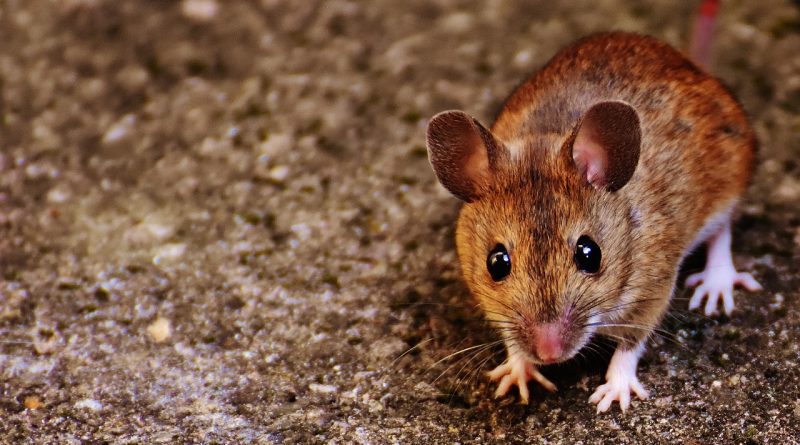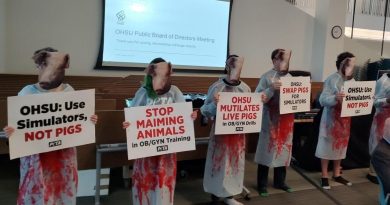National Institute of Allergy and Infectious Disease misses the boat when it comes to animal studies and COVID-19
Original article from Citizens for Alternatives to Animal Research and Experimentation (caare), distributed via email. For their action alert related to this article see: https://www.caareusa.org/action_alerts
| The National Institute of Allergy and Infectious Disease (NIAID) has released a Strategic Plan detailing its research priorities for fighting COVID-19. Unfortunately, the plan recommends ineffective and cruel animal studies while omitting non-animal methods that can provide more efficient, human-relevant data. Click here to ask NIAID to stop wasting resources creating animal models and instead utilize superior, human-centric methods in the fight against COVID-19. NIAID states in its Strategic Plan that it will “develop animal models that recapitulate human disease,” yet abundant evidence has shown that animals do not express COVID-19 infections in the same way humans do, if at all. Mice are poor models for studying COVID-19 because of key differences in the ACE2 receptors of mice and humans. Dr. Timothy Sheahan of the University of North Carolina, Chapel Hill observed, “It’s funny how the virus can have such devastation in humans, and then you can give a million particles to a mouse and it’s inert.” Scientists are breeding transgenic mice that are vulnerable to COVID-19 infections, but even these show only mild symptoms in comparison to humans. Monkeys have also been subjected to COVID-19 research, and although deemed our “near-clinical model” by Dr. Chad Roy of Tulane National Primate Research Center, they fail to develop symptoms when infected with COVID-19. There are far more effective methods for studying COVID-19 that do not involve harming and killing animals. Organoids, or 3D in vitro organ models created from human cells, have been shown to accurately mimic the human body and are currently being used to study COVID-19’s impact on the lungs as well as to test for treatments and drug safety. Viscient Biosciences is developing lung tissue models from the cells of infected patients. Founder and Chief Executive Officer Keith Murphy explains, “when you can remove diseased cells from the human body and reproduce that disease in a dish, you can see the true biology and quickly find a therapy that will work in clinical trials. Drugs found in animal models so often fail because of the species gap.” Other companies, such as Emulate, are using organ chips to study the physiological processes specific to COVID-19 infections in humans. Emulate’s platform is comprised of various organ chips and is lab-ready and easy to use without prior training. President Geraldine A. Hamilton states that it offers human-relevant insight that is “not feasible with conventional animal models or cell cultures”. In the urgency to find a cure for COVID-19, NIAID is wasting precious resources and making animals suffer by focusing on flawed animal research. Please send your polite letter asking NIAID to prioritize effective, human-relevant, methods over futile animal tests. Thank you for taking action for animals in labs today! |




